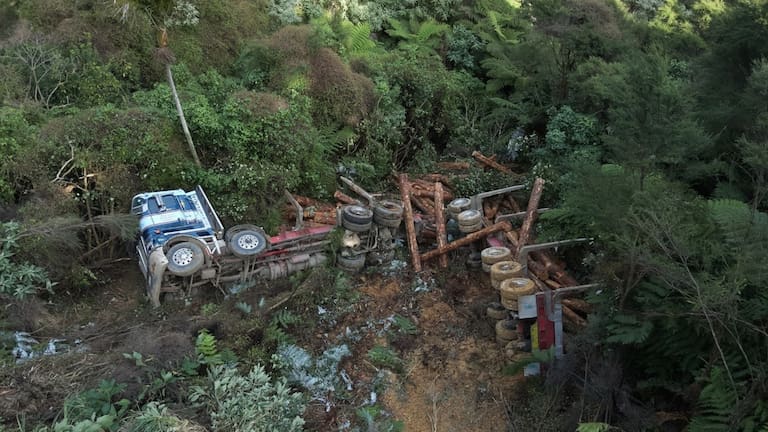Several women have spoken out against their experiences of discrimination over their pay and opportunities in workplaces across the country as part of a new campaign by the Human Rights Commission.
Last week, new statistics revealed that the nearly 10 per cent gender pay gap hasn't changed in two years.
The women's stories come as part of the Human Rights Commission's Pay Transparency campaign, which is calling for public information on pay scales and career progression to be made readily available by employers, the commission said today in a statement.
The commission is joined by a coalition of 10 partners who are calling on the Government to urgently introduce pay transparency to the workplace, including the Public Service Association, Council of Trade Unions, National Council of Women, YWCA, PACIFICA, Diversity Works, Rural Women New Zealand, Women in Urbanism, Coalition for Equal Value Equal Pay and the Women Empowerment Principles Committee.
"As a Pacific woman of colour, there is extra effort and hoops that I need to jump through," Wellington woman Nia Bartley said. "There is a group of people in society that miss out because of what they look or sound like and that is so wrong. Pay Transparency will correct this wrong."
Social worker Lauren Bartley told Breakfast about her experience with pay discrimination. (Source: Other)
Pay transparency allows workers to know if they are being paid fairly when compared to people in the same or similar roles.
"Without pay transparency, it is sort of like fighting fog. You are trying to validate to yourself and others that this problem exists," Christchurch woman Nancy McShane said.
"If we have pay transparency in place, then it’s a much easier process. We need to work a lot harder on creating a fair and equitable society."
Equal Employment Opportunities Commissioner Saunoamaali'i Karanina Sumeo said New Zealand needs pay transparency because it "is about people’s lives".
"If we want to move children out of poverty, well that's obviously connected to people caring for them. We're talking about their mothers, their fathers, their caregivers," she told TVNZ1's Breakfast this morning.
"If they’re not being paid the fair pay for the work that they’re doing or certainly being discriminated against, that directly impacts the lives of our children, the lives of our communities.
"At the end of the day, discrimination's against the law. Exploitation of women economically is against the law, so this is not a surprise to New Zealand and people have been advocating for it for so long, but we’re missing that step of actually putting it into law and making it real."
She said women - especially those of Māori, Pacific and Asian descent - are being paid far less than men in the same or similar roles.
Ms Sumeo said the pay gap between white women and white men is around 9.3 per cent, while the pay gap between white men and Pacific women is around 29 per cent. For Māori women, the gap is at 27 per cent, while for Asian women, the gap is 20 per cent.
"It's really unjust, and you've got to think about everyone else behind that woman, and everyone else it impacts and everything that relies on an income, so we have to do something urgently – this is the time," she said.
Ms Sumeo said it's important to put pay transparency into the law "because it encourages others" and "gives us a platform to be able to call on people who are making effort to address it, to share their experiences to help others."
"I think that's part of the problem, so people actually don't know how to get started or what to do, what tools, so it will open the conversation."
She said they are not "asking for a lot" in calling for the Government to act.
"It's not like we don't know the problem exists," she said. "We know the problem exists – we've known it for a very, very long time."
Prime Minister Jacinda Ardern said on Breakfast this morning that Minister for Women Julie Ann Genter is looking into the issue.
"It is something we're interested in," she explained. "We've been looking at the overseas evidence - haven't made any final decisions but very actively having a look at pay transparency.
"We wouldn't look at it if we weren't considering it, so that's something that's being considered now."


















SHARE ME